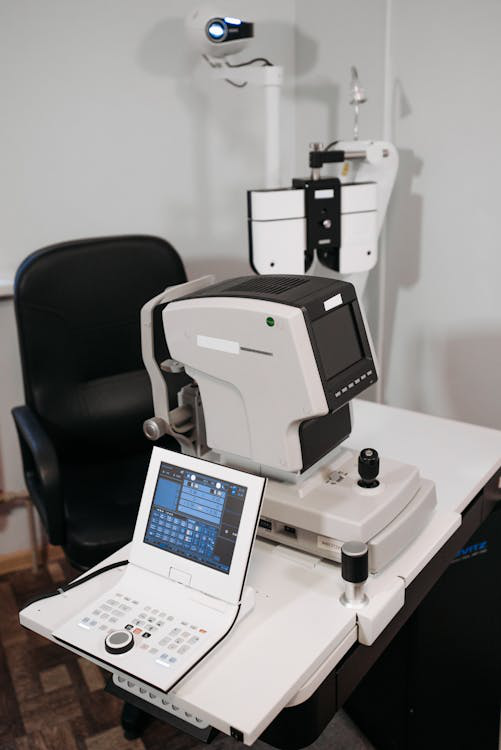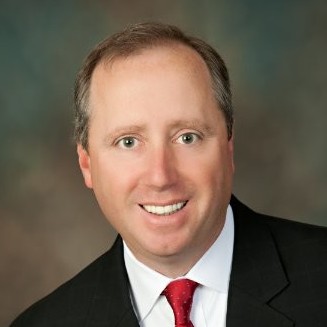What’s the purpose of a career clinical recruiter? Clinical recruiters are specialized professionals within the healthcare industry, dedicated to filling vacancies in roles directly related to patient care or clinical research. They connect qualified candidates to institutions and companies while leveraging their in-depth knowledge of the healthcare field, specific specialties, and the intricacies of hiring within each domain.
They do it all! Also, they handle sourcing, screening multiple interviews, and interviews, and guide candidates through hiring, ensuring skilled personnel for patient care and research. In this guide, we will reveal the world of clinical recruiters to you and show you just how important they are to keep the gears turning.
Historical Evolution
The role of clinical recruiters has evolved significantly over time, mirroring the advancements and growing complexities within the healthcare industry. Physician training initiatives emerged in the 1750s and 60s, initially lacking substantial regulation. The American Medical Association (AMA) was established in 1847, dedicated to enhancing medical education standards. The shift towards hospital-based treatments, as opposed to home care, gained traction in the late 1800s and early 1900s due to advancements in sanitation and the introduction of antiseptics.
- Early Days (Pre-1970s): Healthcare institutions traditionally handled recruitment internally, relying on personal networks and basic advertising methods.
- Rise of Specialization (1970s-1990s): As healthcare professionals diversified and talent competition increased, specialized healthcare recruitment agencies emerged to cater to specific clinical needs. These agencies offered targeted expertise and a broader network of qualified candidates.
- Technology Boom (1990s-Present): The rise of online job boards and recruitment software transformed the landscape. Clinical recruiters began utilizing these tools to source candidates more efficiently and manage the application process effectively.
- Modern Era (Present): Today, clinical recruitment is a dynamic field demanding a comprehensive understanding of healthcare regulations, compliance, and data privacy.
The Role of a Clinical Recruiter
Clinical recruiters specialize in using quality candidates for the healthcare sector. To be successful they require continuous learning and adaptation to industry trends. Success demands personal motivation, resilience, and thriving in a fast-paced environment.
Core Responsibilities
What roles do clinical recruiters play in medical staffing? They connect healthcare institutions with qualified personnel through diverse channels. They use online platforms, networks, events, medical recruitment agencies, and social media for candidate sourcing. This allows them to develop targeted job search strategies and build relationships that guarantee a talent pipeline.
While screening, they review resumes, conduct interviews, and perform reference checks. During interviews, they manage the interview process and the liaison between candidates and hiring managers. They negotiate competitive packages, present offers transparently, and guide the team and candidates through the hiring process as they try to address concerns promptly.
Skills and Qualities Required
To excel as a clinical recruiter, a combination of hard and soft skills is essential is required.
Hard Skills
Clinical recruiters need hard skills like a deep understanding of healthcare, and proficiency in recruitment software and data analysis. They are also expected to have strong project management abilities that will allow the company to use them to efficiently handle multiple candidates and tasks.
Soft Skills
Clinical recruiters need excellent communication and strong interpersonal, and negotiation skills. Problem-solving and critical thinking are also crucial, as they need to be able to achieve and maintain high ethical standards in adherence to specific requirements and professional regulations.
Importance in Healthcare Industry
Clinical recruiters ensure the smooth functioning of the healthcare industry by connecting qualified personnel with healthcare institutions.
Impact on Talent Acquisition
When there is a global healthcare professional shortage, it’s the job of clinical recruiters to address it. They are responsible for actively sourcing and attracting qualified individuals across all specialties. Their impact includes increased efficiency, diversity promotion, and cost-effectiveness through streamlined recruitment processes. They can find outsourcing solutions for smaller institutions or specialized positions.
Ensuring Quality Patient Care
Patient care is optimized when clinical recruiters successfully match candidate skills with specific needs. Their understanding of regulations ensures compliance for a safe care environment. Their qualified retention strategies and positive work environments tend to reduce turnover, which benefits patient care continuity. Due to their various industry experience, they are also able to gauge and create competitive compensation packages to attract top talent for delivering high-quality care.
Educational Background and Training
By combining relevant education, specialized training, and a commitment to development, clinical recruiters can prepare for the job market and position themselves for a rewarding career, and play a vital role in the healthcare industry.
Academic Requirements
While there’s no single “must-have” degree for becoming a clinical recruiter, a bachelor’s degree in a relevant field is generally preferred by employers. Here are some common qualifications, careers, and academic backgrounds:
- Business: Marketing, Human Resources, Management
- Healthcare: Healthcare Administration, Nursing, Public Health
- Life Sciences: Biology, Pharmacology, Biotechnology
Specialized Training Programs
Specialized training programs enhance clinical recruiters’ knowledge and skills in many different healthcare organizations. They typically cover compliance, specialties, and recruitment strategies. These programs also tend to sharpen negotiation and communication skills as they prepare individuals for industry certifications and boost their credibility in clinical recruitment.
Some popular programs include:
- Certified Healthcare Recruiter (HCR) from the National Association of Health Care Recruiters (NAHCR)
- Certified Physician/Provider Recruiter (CPRP) from the Alliance of Physician Recruiters (APR)
- Clinical Research Professional Certificate from the Society for Clinical Research Associates (SCRA)
Key Characteristics of a Successful Clinical Recruiter

A successful clinical recruiter is more than just a matchmaker between top talent and candidates and healthcare institutions. They possess a unique blend of hard and soft skills that enable them to navigate the complex and dynamic world of healthcare recruitment.
Communication Skills
Clinical recruiters need exceptional communication skills to clearly articulate job requirements, actively listen to candidates and hiring managers, and adeptly negotiate. Strong interpersonal skills help build positive relationships and navigate sensitive topics while cultural competency is vital for effective communication with individuals from diverse backgrounds. A clinical recruiter has to be able to foster an inclusive and equitable recruitment process.
Understanding of the Medical Landscape
The evidence of adept clinical recruiters lies in their ability to understand the healthcare industry deeply and stay updated on specialties, future trends, regulations, and reimbursement models. They tend to specialize in areas like nursing or research, requiring expertise in niche skills and certifications. This means that an efficient clinical recruiter will prioritize continuous learning to stay abreast of advancements in the job search market.
Recruiters need to be able to identify and evaluate clinical skills beyond resumes. They are required to assess expertise, technical skills, and bedside manner using various assessment tools and methodologies.
Benefits of Hiring a Clinical Recruiter
Healthcare has become so competitive that finding and attracting qualified staff for jobs can be a significant challenge. This is where clinical recruiters come in.
Time and Cost Efficiency
Clinical recruiters enhance staffing efficiency in healthcare institutions by swiftly sourcing, screening, and interviewing candidates, reducing time-to-fill and freeing up resources. They manage the entire recruitment process, from posting to salary negotiation, and have access to specialized talent pools. Despite initial fees, their efficiency lowers overall cost-per-hire by minimizing unsuccessful search efforts and decreasing associated costs.
Ensuring Compliance with Regulations
Compliance with healthcare regulations is a must for employers and healthcare organizations, and this is where clinical recruiters excel. They stay updated on legal and industry-specific standards and conduct thorough background checks, reference verifications, and license validations to minimize risks associated with hiring non-compliant personnel. They uphold fair hiring practices, preventing discrimination. This fosters a diverse workforce and safeguards institutions from legal ramifications.
Recruiters tend to prioritize data privacy, complying with regulations to ethically handle candidate information, and identifying and minimizing security risks for both the employer or institution and candidates.
Summary of Benefits
Hiring a clinical recruiter streamlines the recruitment process while also having a profound impact on healthcare quality. They ensure that the right medical professionals are in place, turnover is minimized, and compliance with regulations is maintained. The benefits extend beyond the recruitment phase and can positively influence the overall success and reputation of your company or healthcare organization.
Rep-Lite collaborates extensively with clients, offering ongoing support throughout an employee or recruit’s tenure. Furthermore, they implement a comprehensive candidate review process, encompassing screening, interviews, and background checks, to ensure clients secure the most qualified candidates.































